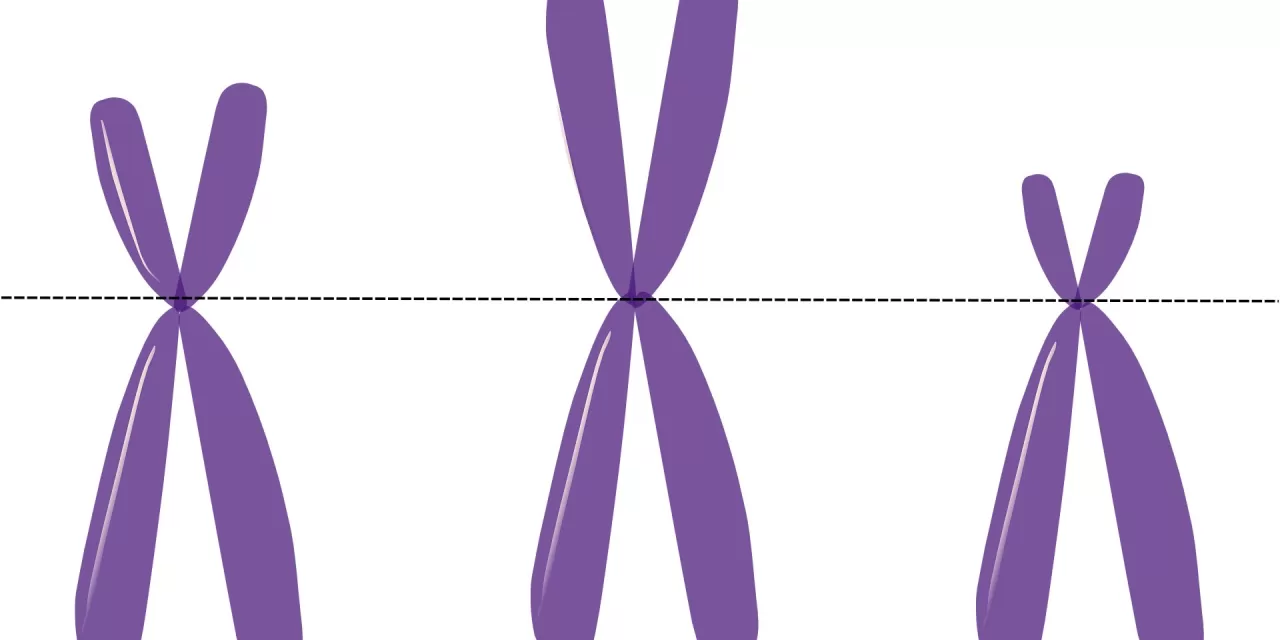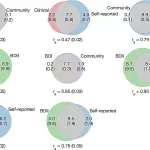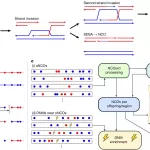A new study from the University of California, San Francisco (UCSF) has found that the X chromosome a woman inherits from her mother may play a role in how quickly her brain ages. The study, which was published in the journal Nature, found that female mice that expressed only a maternal X chromosome had poorer memory and cognitive skills as they aged compared to female mice that expressed both maternal and paternal X chromosomes.
“These findings raise the possibility that some women who express more of their mom’s X chromosome just by pure chance may have more cognitive impairment with aging or an increased risk for diseases like Alzheimer’s,” said Dena Dubal, MD, Ph.D., a professor of neurology and the David A. Coulter Endowed Chair in Aging and Neurodegenerative Disease at UCSF, and the senior author of the new paper.
The X chromosome is one of two sex chromosomes in humans. Females typically have two X chromosomes, one inherited from each parent, while males have one X chromosome and one Y chromosome. Previous research has shown that the X chromosome plays an important role in brain health. Mutations in the X chromosome can cause intellectual disability, and women born with only one X chromosome (Turner Syndrome) can have cognitive impairments.
The new study suggests that the specific X chromosome a woman inherits from her mother may also affect her brain health. The researchers found that female mice with only an active maternal X chromosome showed poorer memory and learning abilities as they aged. In the brains of these mice, the maternal X chromosome sped up biological aging in the hippocampus, a brain area crucial for learning and memory.
“What we showed is that these animals’ brains were really aging faster than the brains of their genetically identical sisters who had both mom’s and dad’s X chromosomes turned on,” explained Dubal.
The researchers believe that the genes silenced on the maternal X chromosome may convey an advantage earlier in life, but then there is a trade-off later in life. They hope to continue studying the role of the X chromosome in brain aging and whether it can explain people’s risk of brain diseases or memory loss.
Source: Dena Dubal, The maternal X chromosome affects cognition and brain ageing in female mice, Nature (2025). DOI: 10.1038/s41586-024-08457-y.
www.nature.com/articles/s41586-024-08457-y











